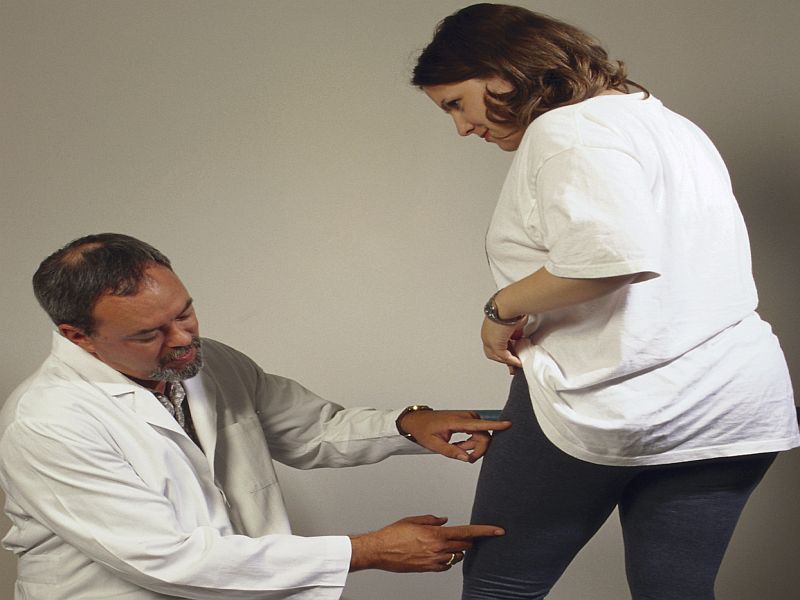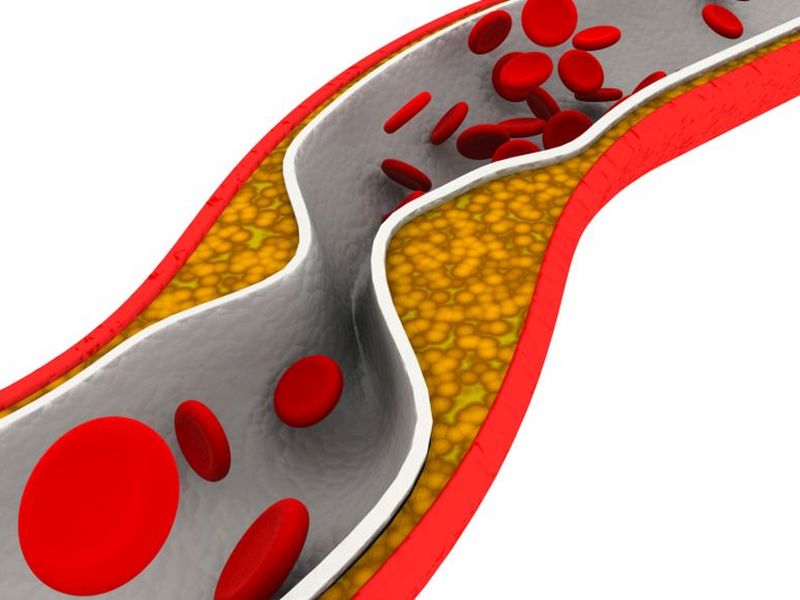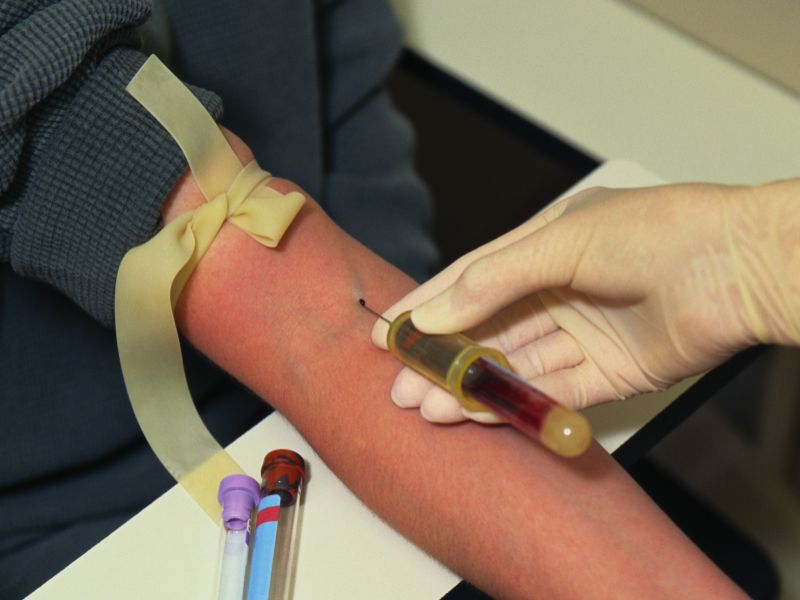
Even a mild concussion can temporarily affect your sense of smell and trigger longer-term anxiety problems, a new study finds. It’s been known that such problems could occur after a major concussion. But this study found it’s also true for minor concussions caused by accidents such as falling off a bike with a helmet on,… read on >





























